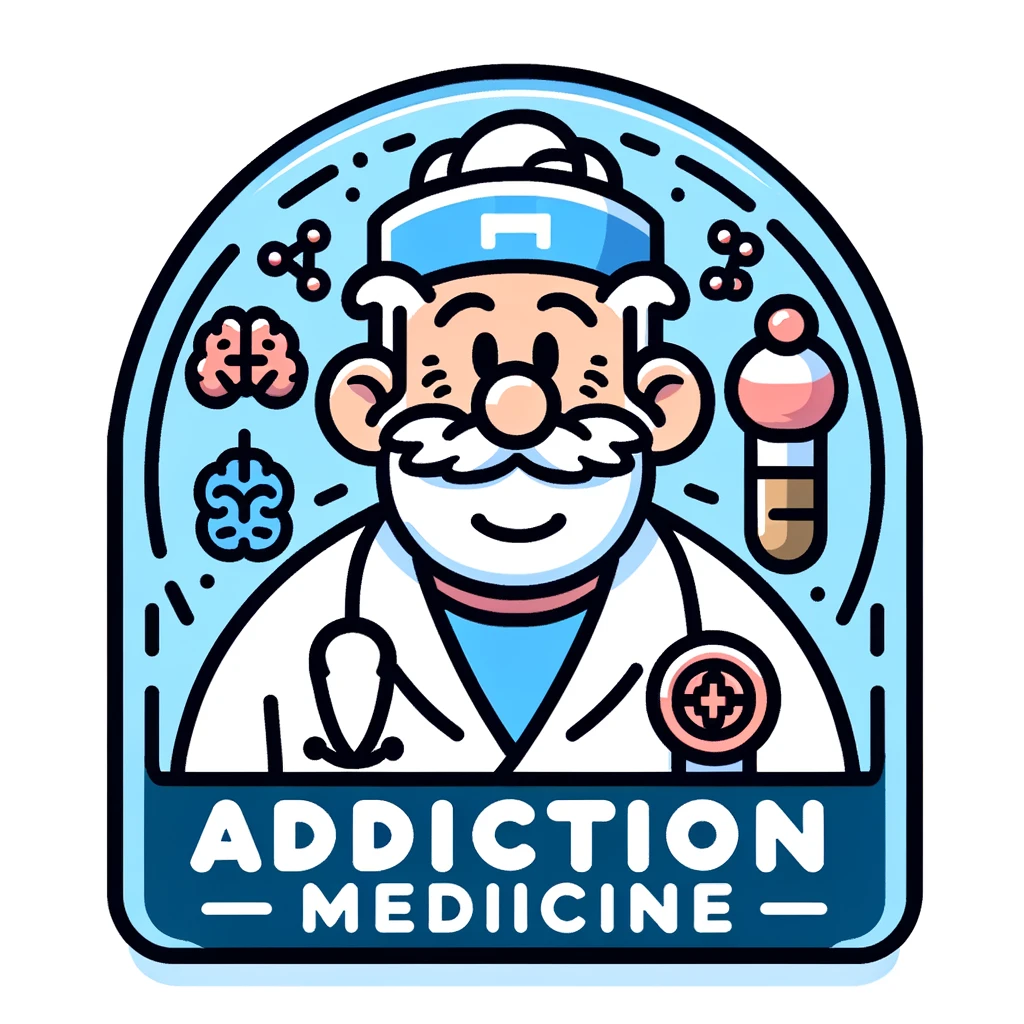Discover the groundbreaking clinical predictors that enhance the effectiveness of repetitive transcranial magnetic stimulation (rTMS) in the journey towards smoking cessation, as revealed by a comprehensive secondary analysis of a multicenter randomized controlled trial (RCT).
– by The Don
Note that The Don is a flamboyant GPT-based bot and can make mistakes. Consider checking important information (e.g. using the DOI) before completely relying on it.
Young adults with a 22q11.2 microdeletion and the cost of aging with complexity in a population-based context.
Malecki et al., Genet Med 2024
DOI: 10.1016/j.gim.2024.101088
Listen, folks, we’ve got something important to talk about here. It’s about these complex rare paediatric diseases, okay? They’re becoming more common, and it’s a big deal. We’re talking about adults with these conditions, and let me tell you, the impact on the healthcare system is huge. We did this study, a fantastic study, in Ontario – that’s a place with like 15 million people, a lot of people – and we looked at adults with this thing called 22q11.2 microdeletion. It’s a genetic condition, very complex.
We compared these adults to matched controls over 18 years – that’s a long time, a lot of data, the best data – and guess what we found? The healthcare costs for these adults were significantly higher. We’re talking 8.5 times higher than the controls. And it’s not just one area of healthcare; it’s all sectors. Incredible, right?
By the end of the study, these adults, who were less than 30 years old, had healthcare costs like they were 72. Can you believe it? And the odds of them being in the top 1st percentile for healthcare costs were through the roof – 17.90 times greater than the controls. Almost none of them had a multimorbidity score of zero. It’s clear, very clear, that this 22q11.2 thing is a big predictor of higher healthcare costs.
So what does this mean? It means we’ve got to start thinking about bringing those incredible, integrative models of care we use for kids into adult medicine. And genetic diagnostics? They could be a game-changer in adult clinical medicine. We’re talking about big potential value here, folks. Huge.
